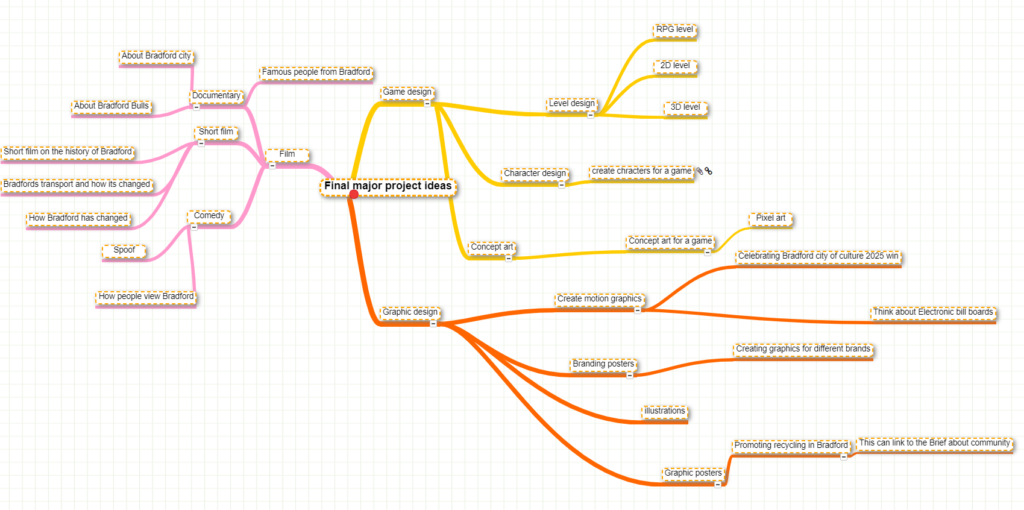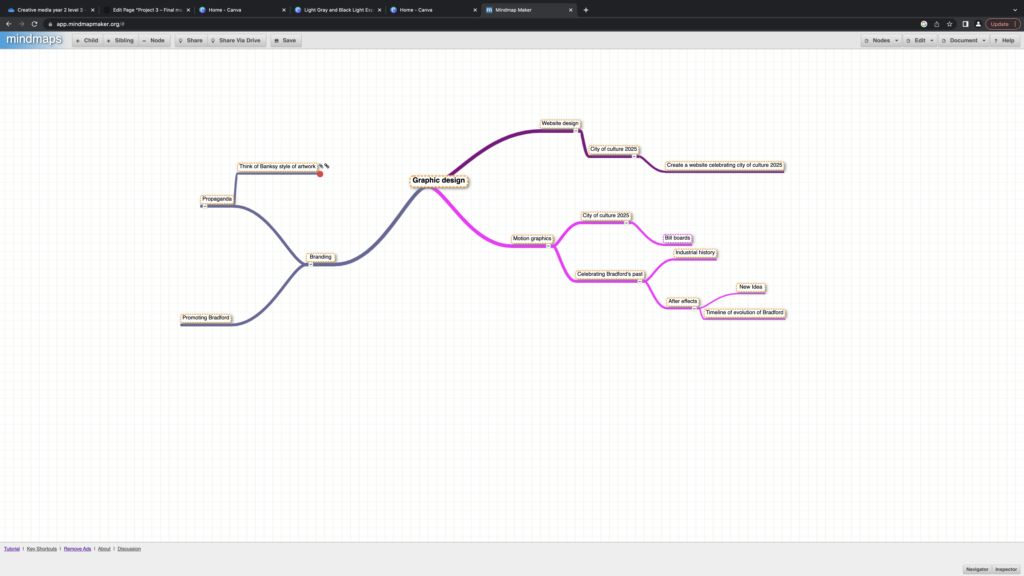- Strengths:
- Rational – Architects pride themselves on the power of their minds. They can reframe nearly any challenge as an opportunity to hone their rational thinking skills and expand their knowledge – and with this mindset, they can devise inventive solutions to even the most arduous of problems.
- Informed – Few personality types are as devoted as Architects to developing rational, correct, and evidence-based opinions. Rather than hunches or half-baked assumptions, they base their conclusions on research and analysis. This gives them the conviction that they need to stand up for their ideas, even in the face of disagreement.
- Independent – For these personalities, conformity is more or less synonymous with mediocrity. Creative and self-motivated, Architects strive to do things their own way. They can imagine few things more frustrating than allowing arbitrary rules or conventions to stand in the way of their success.
- Determined – This personality type is known for being ambitious and goal-oriented. Architects won’t rest until they’ve achieved their own definition of success – which usually entails mastering the subjects and pursuits that matter to them.
- Curious – Architects are open to new ideas – as long as those ideas are rational and evidence-based, that is. Skeptical by nature, Architects are especially drawn to offbeat or contrarian points of view. And if the facts prove them wrong, they are generally happy to revise their opinions.
- Original – Without Architects, the world would be a far less interesting place. This personality type’s rebellious streak is responsible for some of history’s most unconventional ideas and inventions. Even in their everyday lives, Architects force the people around them to consider new (and sometimes startling) ways of looking at things.
Weaknesses
- Arrogant – Architects might be knowledgeable, but they’re not infallible. Their self-assurance can blind them to useful input from other people – especially anyone they deem to be intellectually inferior. These personalities can also come across as needlessly harsh or single-minded in trying to prove others wrong.
- Dismissive of Emotions – For Architects, rationality is king. But emotional context often matters more than people with this personality type care to admit. Architects can get impatient with anyone who seems to value feelings more than facts. Unfortunately, ignoring emotion is its own type of bias – one that can cloud Architects’ judgment.
- Overly Critical – These personalities tend to have a great deal of self-control, particularly when it comes to thoughts and feelings. When the people in their lives fail to match their level of restraint, Architects can appear scathingly critical. But this criticism can be unfair, based on arbitrary standards rather than a full understanding of human nature.
- Combative – Architects hate blindly following anything without understanding why. This includes restrictions and the authority figures who impose them. People with this personality type can get caught up in arguing about useless rules and regulations – but sometimes these battles are distractions from more important matters.
- Socially Clueless – Architects’ relentless rationality can lead to frustration in their social lives. Their efforts to defy expectations may leave them feeling isolated or disconnected from other people. At times, they may become cynical about the value of relationships altogether, questioning the importance of love and connection.


FMP pitch feedback
The task I was given was to present an idea for my final major project. Which I went well this is because I felt confident in what I was saying and how it was planned out as well as having a vision of what I want out of this outcome. However, I found the pitch difficult as it was hard to convey my idea across to my audience due to my lack of terminology within that field. To overcome this situation next time, I will research the correct terminology for the project that I am working on.
The feedback I received from the audience regarding my final major project was about the time frame and how long the project would take I did not agree with this feedback because I feel I have planned out my project with a realistic time frame and set myself targets that are in line with what I am trying to accomplish. Not only this, but the feedback I received about my project was also about historical inaccuracies I agree with this feedback because I will encounter historical inaccuracies regarding certain locations and I will have to do research into overcoming this problem as well as using reliable sources of information to help back up the information I have received
Voice – An instruction. Educate people on the historic locations in Bradford in the form of a map. This can be more easily accessable for the user compared to making a film